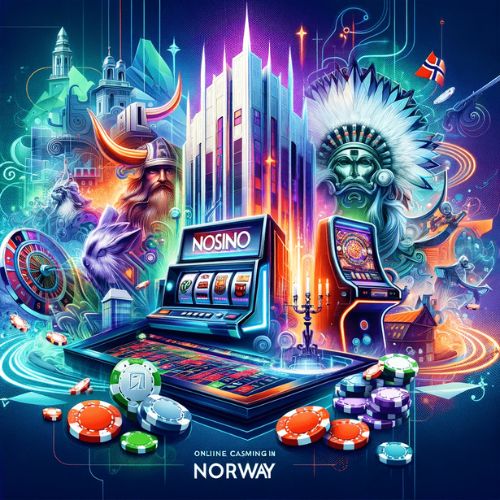
Skateboarding: From Street Sport to Olympic Event
Origins and Evolution
Skateboarding originated in the 1950s in California, USA, as a way for surfers to practice outside of the water. It gained popularity in the 1960s with the production of skateboards resembling surfboards. The sport grew through the 1970s with the emergence of skateboard magazines and competitions.
Significance for Youth Culture
Beyond physical benefits, skateboarding fosters camaraderie and friendships among youth, promoting a sense of community and belonging.
Skateboarding Scene in Norway
Since the 1980s, Norway has seen significant growth in skateboarding, with numerous skateparks like Skatehalle Berlin hosting local and international competitions. Cities like Cologne and Hamburg also offer quality skateboarding facilities.
Disciplines: Street and Park
Street Skateboarding involves navigating obstacles like stairs and rails, showcasing technical tricks. Park Skateboarding emphasizes overall performance on a course with fluid movements over obstacles.
Betting on Skateboarding
At the 2024 Paris Olympics, both Street and Park Skateboarding will be featured, providing opportunities for sports betting enthusiasts.
Skateboarding as an Olympic Sport
Skateboarding was included in the 2021 Tokyo Olympics, with competitions in Street and Park styles. The upcoming 2024 Paris Olympics will showcase these disciplines, with updates on medal winners to follow.







